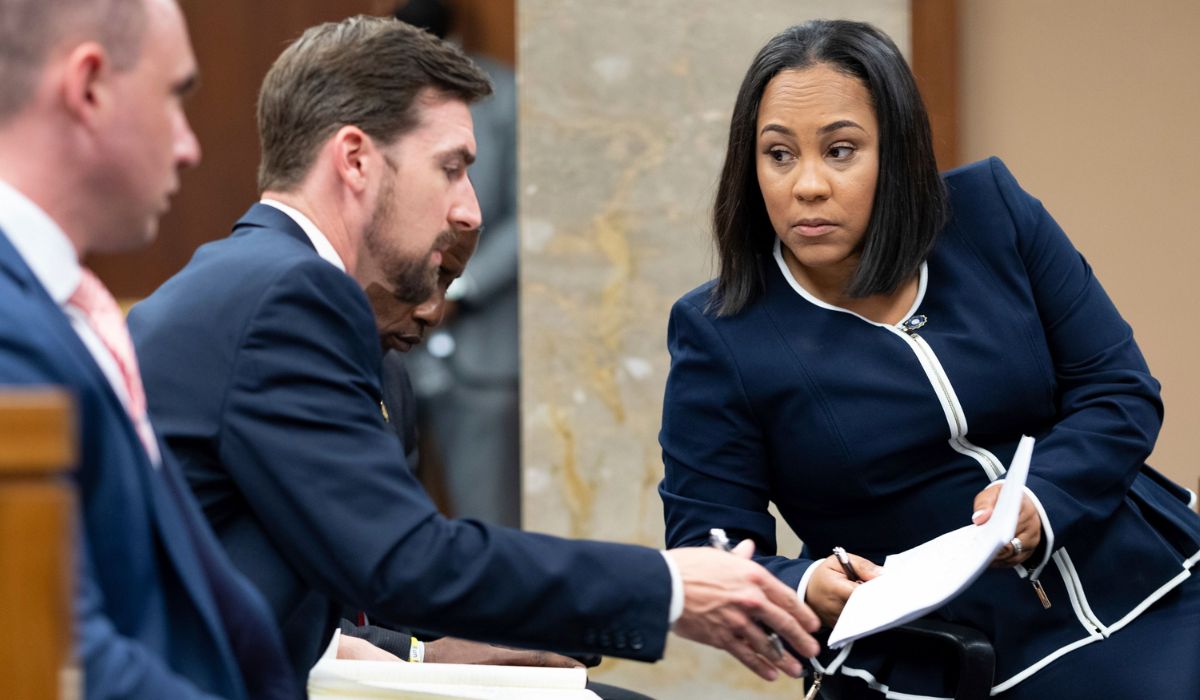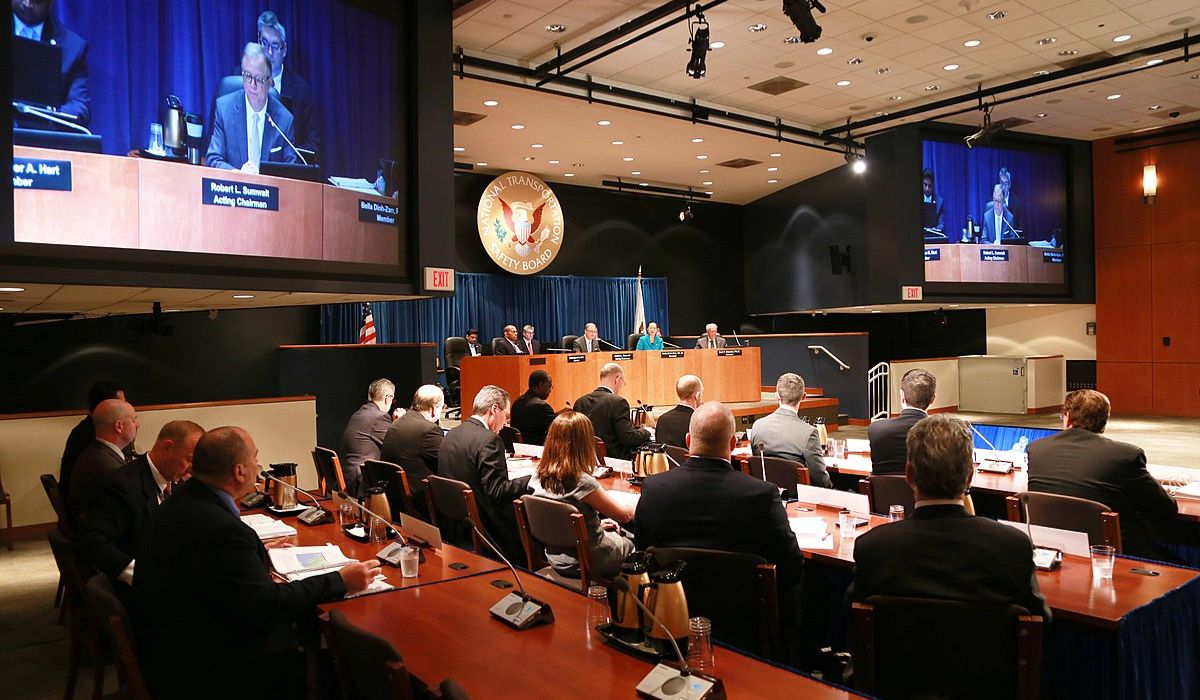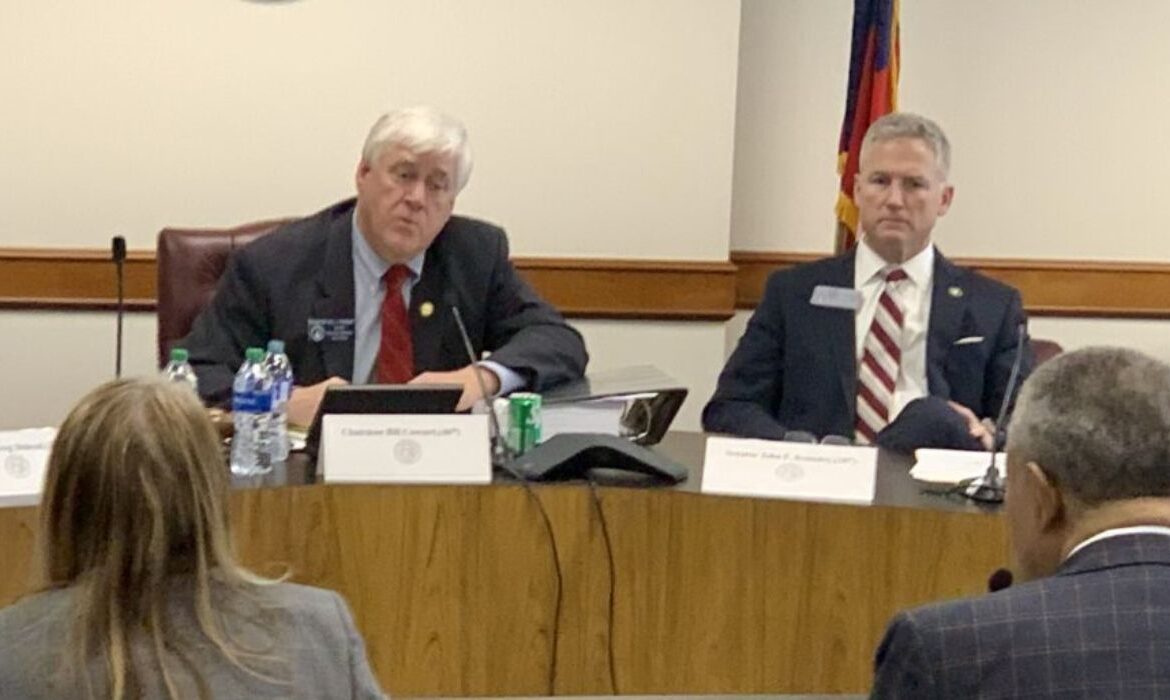Fani Willis Hearing: What It Means for the Justice System and Public Interest
The legal world is buzzing with talks of the Fani Willis hearing, a topic that has grabbed national attention. Whether you’re a casual observer of the news or deeply invested in political and legal affairs, understanding the significance of this hearing is crucial. But why should you care about a legal proceeding involving a district attorney? What implications does it have for the justice system and broader society?
In this article, we’ll break down everything you need to know about the Fani Willis hearing—who Fani Willis is, why this hearing matters, and what it means for you. Let’s dive in and explore the details together.
Who Is Fani Willis?
Fani Willis isn’t just a name making waves in legal circles; she’s a trailblazing district attorney from Georgia with a reputation for taking on high-profile cases. As the first African American woman to serve as Fulton County’s district attorney, her legal career has been defined by tough cases, relentless pursuit of justice, and an unwavering commitment to the rule of law.
But what has recently thrust her into the national spotlight?
Why Is Fani Willis in the Spotlight?

Fani Willis gained national attention for her involvement in one of the most significant legal battles in recent history: the investigation into potential election interference. Her office led a grand jury investigation focusing on whether certain political figures illegally attempted to alter the outcome of the 2020 presidential election in Georgia.
The results of this investigation are now at the center of the Fani Willis hearing, which has drawn widespread media coverage and public interest.
Background of the Fani Willis Hearing
The Fani Willis hearing stems from her decision to pursue legal action against individuals allegedly involved in attempts to overturn the 2020 election results. These hearings serve as a critical step in determining whether charges should be brought forward and whether these allegations hold enough weight to proceed to trial.
In legal terms, a hearing of this nature involves both the presentation of evidence and arguments from legal representatives. While hearings may seem routine, the stakes in this particular case are much higher due to the involvement of high-profile figures.
The Legal and Political Stakes
The Fani Willis hearing isn’t just another legal proceeding—it’s a flashpoint in the intersection of law, politics, and public opinion. The case involves potential criminal activities by individuals in positions of power, raising questions about the integrity of the electoral process, the rule of law, and accountability.
The outcome of this hearing could have far-reaching consequences, not just for those directly involved but also for how future legal challenges to elections are handled. Are we setting a precedent for holding public figures accountable, or are we opening the door to politically motivated prosecutions?
What Happens in a Hearing Like This?
A hearing like the one involving Fani Willis involves multiple stages, each crucial to determining whether the case will move forward. Typically, the judge will listen to opening statements, review presented evidence, and allow for witness testimony if applicable.
In many ways, it’s like a high-stakes chess game where every move counts. The defense and prosecution will strategically present their sides, hoping to sway the judge’s decision. It’s in these moments that the true weight of the case is revealed.
Key Moments in the Fani Willis Hearing
Several key moments have already marked the Fani Willis hearing, from the presentation of grand jury findings to fiery exchanges between lawyers. Each development sheds light on the complexity of the case and the potential challenges ahead.
One of the pivotal moments was when evidence allegedly showing efforts to manipulate election results was brought forward. The public’s reaction to these developments has been swift, with some expressing concern about the future of democratic processes.
Public Reactions: Divided Opinions

Unsurprisingly, public opinion surrounding the Fani Willis hearing is divided. On one hand, supporters argue that Willis is taking a stand for justice, ensuring that no one—regardless of their status—is above the law. On the other hand, critics suggest that the hearing is politically motivated and question whether the case is being fairly pursued.
This division in public opinion highlights a broader issue in today’s political climate: the growing distrust in legal and political institutions.
Media Coverage and Its Influence
The media has played a crucial role in shaping the narrative around the Fani Willis hearing. From mainstream outlets to social media platforms, coverage has been both extensive and, at times, polarizing.
But how much of what we hear is truly factual? It’s important to critically evaluate the information presented to us, understanding that media outlets may have their own biases or agendas. The media’s role in this case is similar to that of a magnifying glass—making every development feel larger and more significant than it might otherwise appear.
Implications for the Justice System
What does this hearing mean for the American justice system? The Fani Willis hearing is a clear example of how the law is not isolated from politics. It raises important questions about the independence of legal processes and the pressures that come with handling cases involving public figures.
Moreover, it will test the system’s ability to deliver justice impartially in a highly charged political environment. If the case moves forward, it could set important legal precedents, particularly in how election-related crimes are prosecuted in the future.
What This Hearing Means for Future Cases

The outcome of the Fani Willis hearing could influence how similar cases are handled in the future. If her office succeeds in bringing charges against those involved, it could open the door for more rigorous investigations into election-related crimes. Conversely, if the case falls apart, it might discourage future prosecutors from taking on politically sensitive cases.
In many ways, the stakes of this hearing extend far beyond the courtroom. It’s a bellwether for how the country will approach legal accountability for public figures moving forward.
Conclusion
The Fani Willis hearing is not just another legal proceeding—it’s a reflection of the complex intersection of law, politics, and public opinion in America today. As the case continues to unfold, it will be crucial to watch how the legal system handles such high-profile and politically charged allegations.
This case serves as a reminder that, at its core, the law is about justice. Whether you believe the hearing is a necessary step toward accountability or view it as a politically motivated maneuver, one thing is certain: the outcome will have far-reaching implications for the future of democracy and the rule of law.
FAQs
Who is Fani Willis?
Fani Willis is the district attorney of Fulton County, Georgia, known for her role in high-profile cases, including the investigation into 2020 election interference.
Why is the Fani Willis hearing significant?
The hearing is significant because it involves allegations of election interference by high-profile figures, with potential implications for the justice system and democracy.
What are the legal stakes in the Fani Willis hearing?
The legal stakes are high, as the hearing could set a precedent for how election-related crimes are prosecuted in the future, and whether public figures will be held accountable.
How has the public reacted to the hearing?
Public opinion is divided, with some supporting the hearing as a stand for justice, while others view it as politically motivated.
What role does the media play in the Fani Willis hearing?
The media has shaped public perception of the case, often amplifying key moments and fueling debate over the hearing’s political and legal implications.
For More More Visit, Ucdigitals




